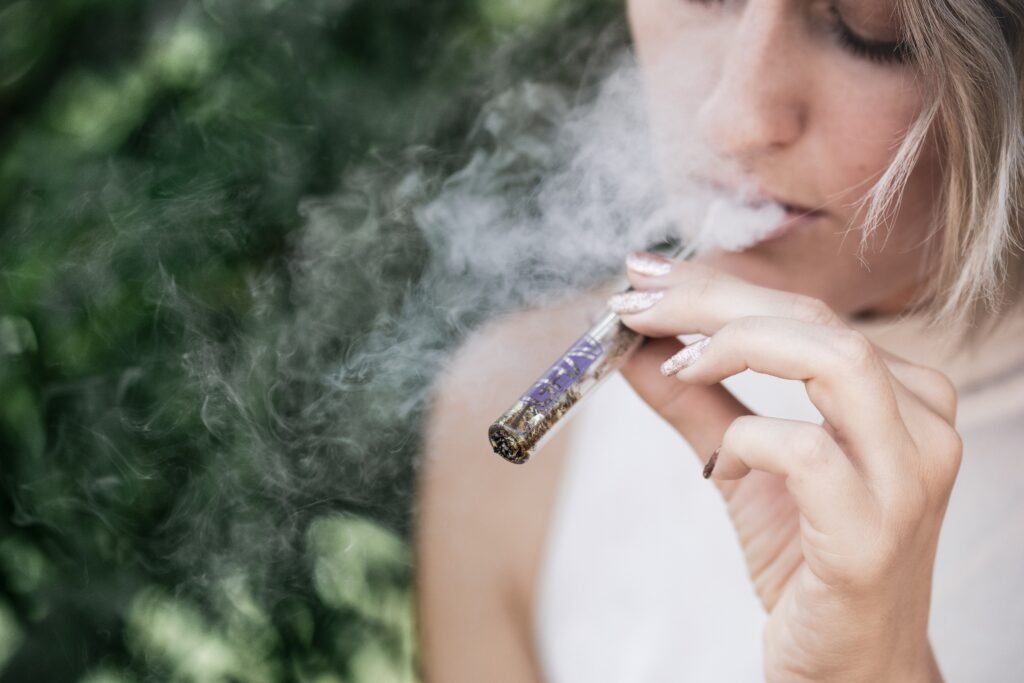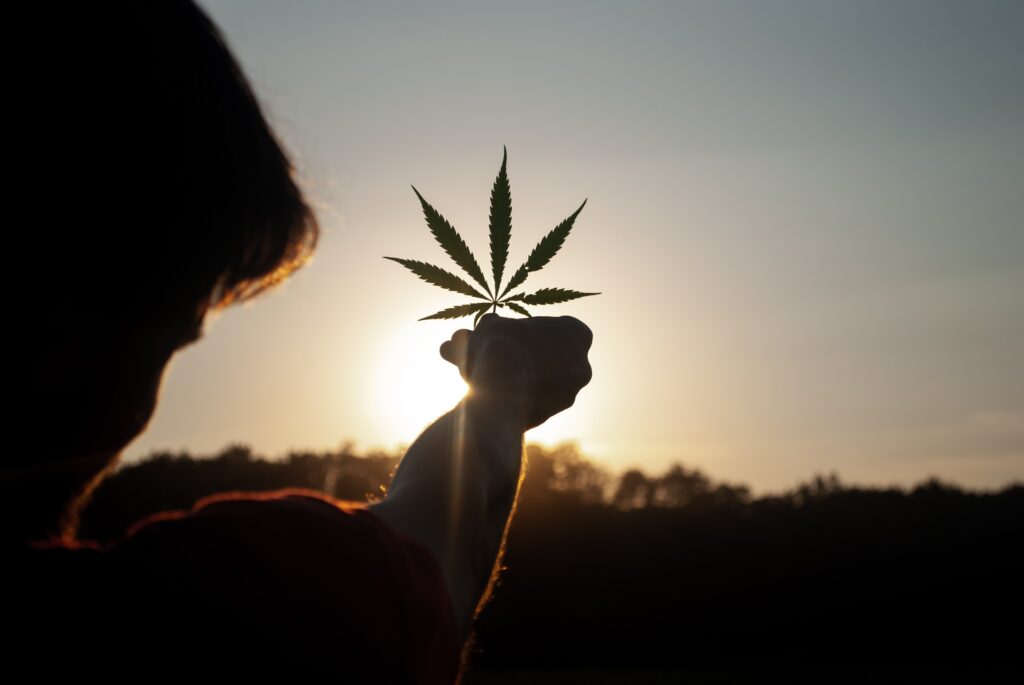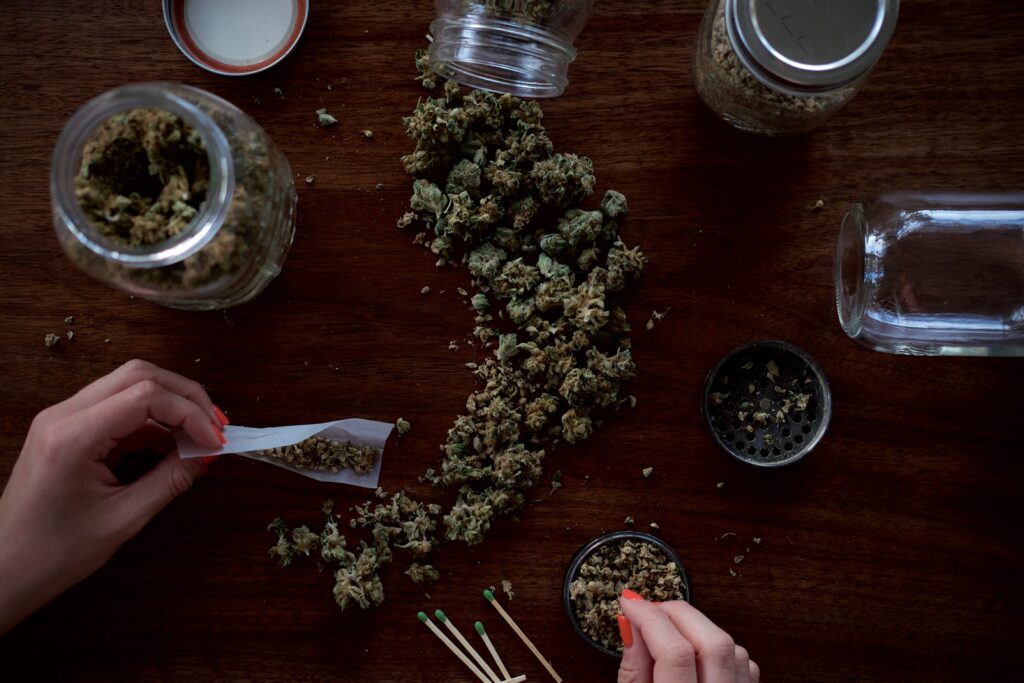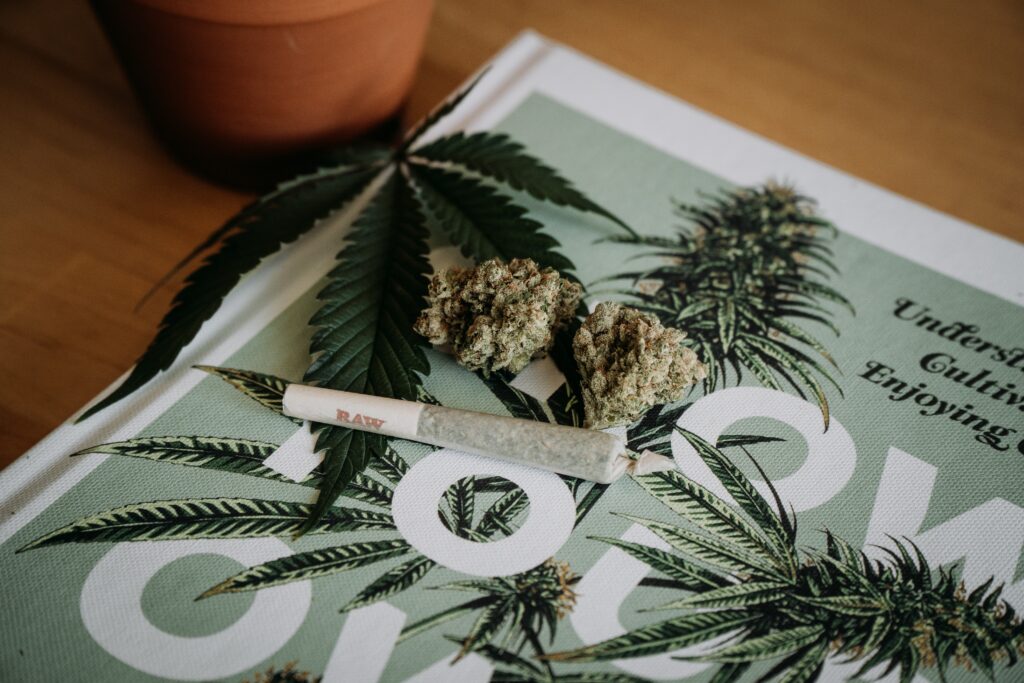Recreational use of cannabis is increasing worldwide, including in Estonia; a study by medical researchers of the University of Tartu shows that the first use of cannabis in Estonia is taking place in increasingly younger age groups – more and more people try cannabis before the age of 16, and from the point of view of brain development, this is too early.
Medical researchers from the University of Tartu, led by an associate professor in psychiatry, Liina Haring, and a professor of human physiology, Eero Vasar, have concluded the results of the extensive survey “Drugs and Developing Brains”. The survey, which involved 4,922 Estonian people, assessed cannabis use among 16-45-year-olds and analysed whether and to what extent the psychopathological symptoms of cannabis users and non-users differ.
43% of subjects had used cannabis during their lifetime, for the first time at the age of 17-18 on average. However, the results also clearly indicate a trend in Estonia to use cannabis at an ever younger age, before the age of 16.
“Of the 16-year-old cannabis users who participated in the survey, 14.6% had tried the drug by the age of 13 and 68% before the age of 16. These are significant proportions, given the detrimental effects of tetrahydrocannabinol acid in cannabis on the functioning of the maturing brain,” Haring said in a statement.

Regular use can lead to emotional and cognitive disorders, the university claims
Professor Eero Vasar stated that frequent and intensive use of cannabis changed several basic processes in the body and triggers irreversible health damage. From the point of view of brain development, age until young adulthood is extremely critical.
“At about five years of age, a process starts from the occipital lobe of the cerebral cortex and reaches the frontal lobe by the age of 20 during which the cerebral cortex grows thinner. The goal of thinning is the formation of normal neural circuits. If this process is affected by external influences like cannabis during this critical period, the person may develop serious disorders,” Vasar explained.
According to the university, epidemiological studies have demonstrated that cannabis use at a young age increases the risk of developing a schizophrenia spectrum disorder and contributes to the onset of a primary psychotic episode.
“Moreover, regular cannabis use can cause changes in the brain, which can lead to emotional and cognitive disorders. The findings of researchers of the University of Tartu are also in line with previous studies, according to which cannabis users are more likely to experience depression, sleep disorders, lack of motivation and disturbances of perception and thought. Such symptoms call for further analyses to confirm or exclude possible psychiatric disorders.”

Studies have shown that young people using cannabis are 1.4 times more likely to develop depression, 1.5 times more likely to experience suicidal ideation and 3.5 times more likely to attempt suicide compared with their peers not using cannabis, the university said.
Cannabis is legal or decriminalised in tens of countries
In addition, research shows that around 9% of those who have tried cannabis in their lifetime become everyday cannabis users and that 30% of those who have used high-THC products in the past year may develop an addiction to cannabis. “This is four to seven times more likely for people who have started using these products before the age of 18 compared with those who started as adults,” Haring added.
Researchers said the increased recreational use of cannabis has been facilitated by “a widespread misconception of its safety, and we must work hard to rebut this common misunderstanding, especially among young people”.
“Young cannabis users do not readily seek help when health problems occur and need more evidence-based information on the health risks associated with cannabis to choose their behaviour. This can be provided primarily by parents, information portals created by specialists in the field, as well as health care and youth workers,” the university added.

Recreational cannabis (nor medical, for that matter) is not legalised in Estonia. It is, however, legal or decriminalised in a number of countries – it’s completely legal in Canada, Uruguay, Georgia and South Africa, and either decriminalised or tolerated in countries such as the Netherlands, Austria, some states of Australia, Croatia, Israel, Slovenia and many more.
In the US, recreational cannabis is legalised in 17 states out of 50, two territories and the District of Columbia. It is decriminalised in another 13 states and one territory.
Cover: Cannabis is legal or decriminalised in tens of countries. Photo by Shelby Ireland on Unsplash.

